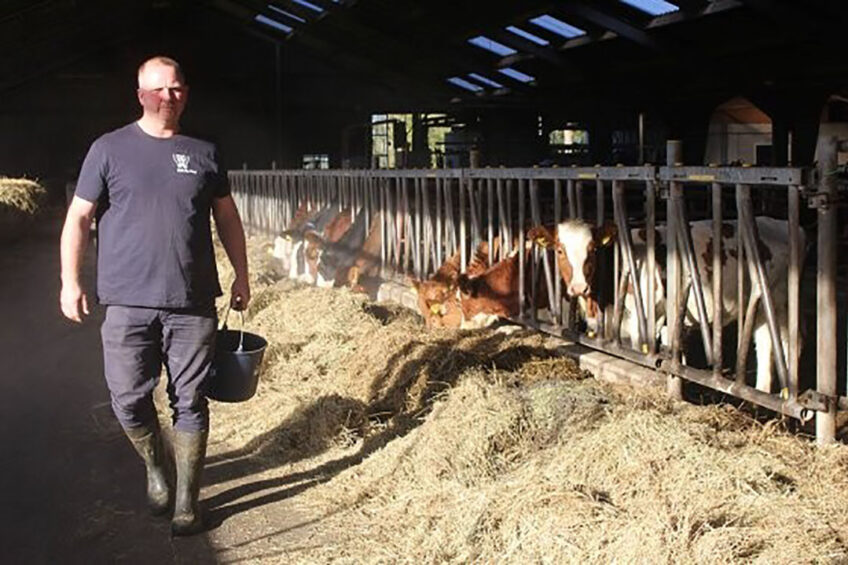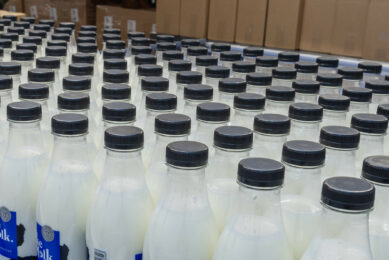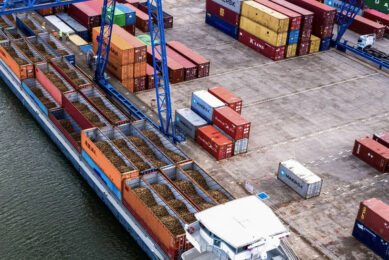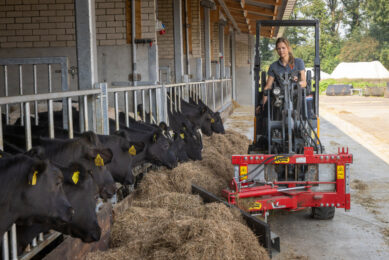Better treatment of dairy farmers in the UK

The UK government is drawing up a new dairy code of conduct in order to ensure dairy farmers receive fairer treatment in the market and a better price for their milk.
The move comes following the government’s response to a 12-week consultation held last year that asked dairy farmers and processors across the UK about how contracts and relationships could be improved.
The consultation was launched in June last year by the UK Government, with input from Devolved Administrations, to explore whether regulations could be introduced to ensure fair treatment across the UK’s dairy sector.
Imbalances of power within the dairy supply chain were believed to be causing instability for dairy farmers, such as where milk buyers have the ability to set and modify the terms of a contract at short notice.

The responses to this consultation clearly demonstrated the need to introduce new regulations to require certain standards for contracts between those producing and buying milk for processing. The consultation also revealed that the distinctive circumstances in Northern Ireland may need to be reflected in regulations, and this will be considered.
 Global dairy market
Global dairy market
Overview of prices for: raw milk, dry whey, skimmed milk powder, cheese and butter. Stay up-to-date…
New code of conduct
Now a new statutory Code of Conduct for the sector is being developed, using section 29 of the Agriculture Act 2020, delivering on the Government’s promise to increase fairness in the supply chain and help farmers become more competitive.
Building on the evidence shared as part of the consultation, the new statutory code will seek to provide a guiding framework, establishing minimum standards but also providing businesses with the flexibility to adapt contracts to their individual circumstances.
Department for Environment Food and Rural Affairs Farming Minister, Victoria Prentis said: “It is only right that any contracts drawn up between farmers and processors deliver fair conditions across the board, for an industry that works hard year-round to provide the dairy products for which we are world-renowned.
“This new Code of Conduct will crack down on unfair practices within the supply chain, supporting the dairy sector and ensuring that our dairy farmers remain competitive as they look to the future.”
For too long, dairy farmers have borne far too much of the risk in the dairy supply chain and inappropriate contract terms are often at the root of the problems.
Treated fairly
Evidence gathered during the Groceries Code Adjudicator Call for Evidence in 2016 highlighted how unfair practices have persisted in the dairy industry. Last year’s consultation looked at whether regulations could be introduced to ensure farmers are treated fairly within the supply chain.
This evidence suggested unfairness in the supply chain has sometimes been caused by milk buyers having the power to set and modify the terms of a contract, often with little notification. This leads to uncertainty and ambiguity that can be unfair to dairy farming businesses.
The UK farming unions have been fighting for years to change the structure of how the dairy sector operates.
Government officials will continue to engage with industry representatives of both producers and processors as they design the new code to ensure it delivers fairness and transparency for the entire supply chain across the UK.
The move has been broadly welcomed by the farming unions in each of the UK’s four Devolved Administrations.
In a joint statement, dairy farmer representatives of the 4 UK farming unions said: “For too long, dairy farmers have borne far too much of the risk in the dairy supply chain and inappropriate contract terms are often at the root of the problems.
“Contracts have been weighted too heavily in favour of the milk buyer who can change terms and pricing mechanisms, and even introduce price cuts without negotiation, while locking farmers into changes without recourse.
“The UK farming unions have been fighting for years to change the structure of how the dairy sector operates. We want more sustainable, progressive and equitable relationships between farmers and processors, so we can collectively tackle the issues we face. This is all the more crucial as we build back from the impacts of Covid-19 and work towards new trading arrangements outside the EU.
“We have been monitoring closely how contracts work around the world. Although we recognise that our dairy market has some differences, for example compared to Australia, we think there are lessons we can learn in building our own model. Even within the UK, there are clearly markets operating in different ways, such as Northern Ireland, and this will need to be taken in to account when designing the new code.
“Although we are delighted with today’s announcement, this is only the beginning. We must now work hard to ensure we get this new Code of Conduct right and that it works.
“We hope the whole industry will take on board the results of the government consultation and work collaboratively to find a positive way forward. It’s essential that the UK dairy market is fit for purpose for all parts of the supply chain, supporting innovation and resilience in UK dairy, and supplying quality dairy products for the public to enjoy.”
Join 13,000+ subscribers
Subscribe to our newsletter to stay updated about all the need-to-know content in the dairy sector, two times a week.










